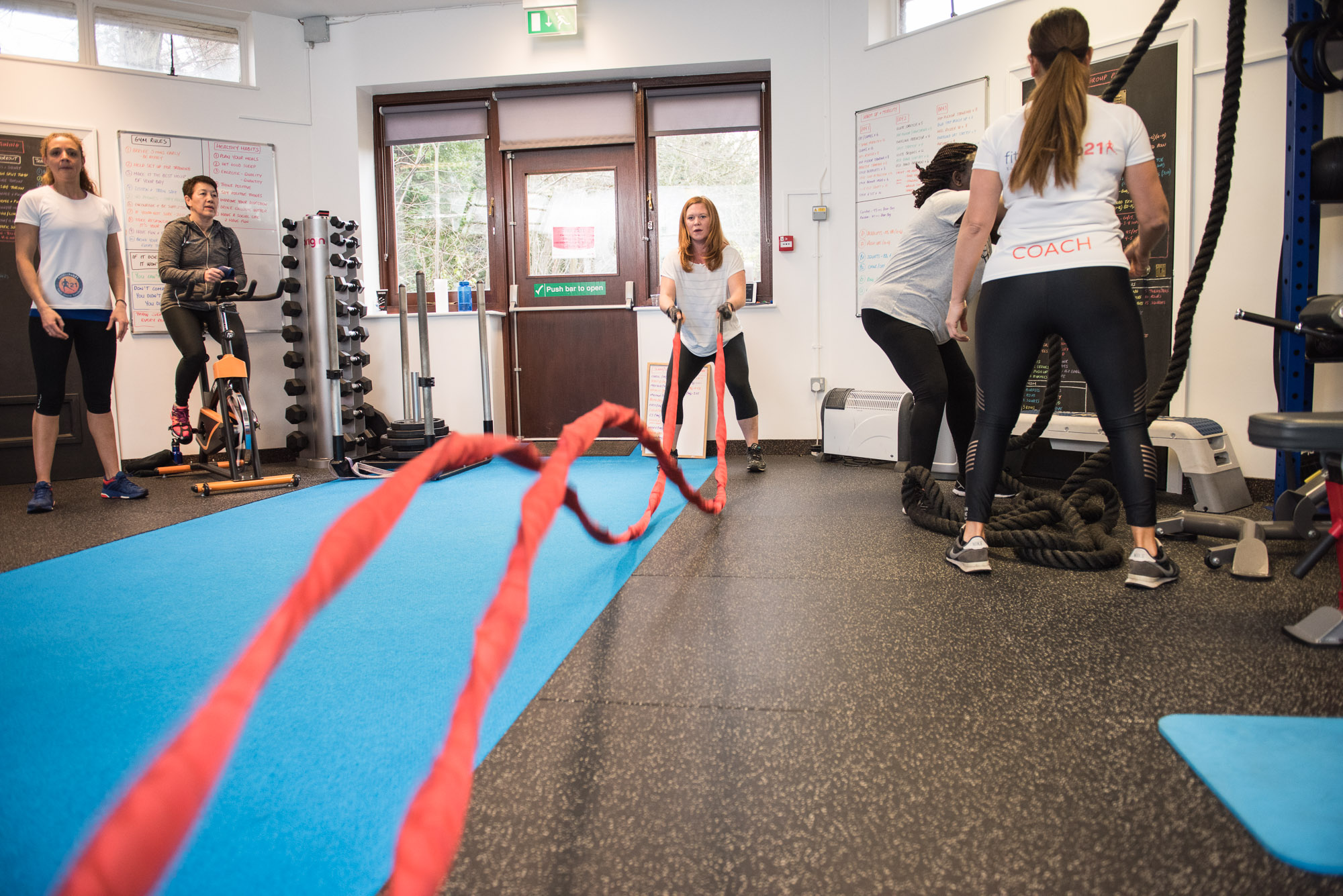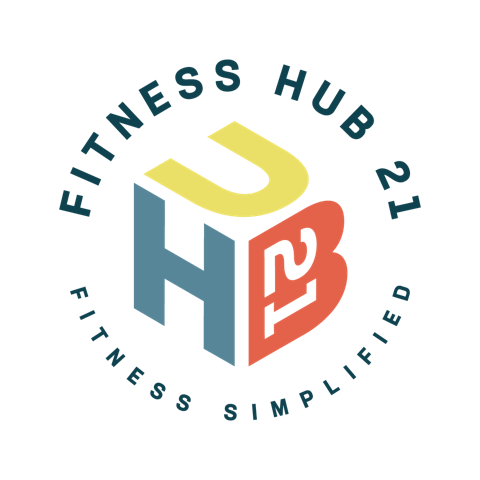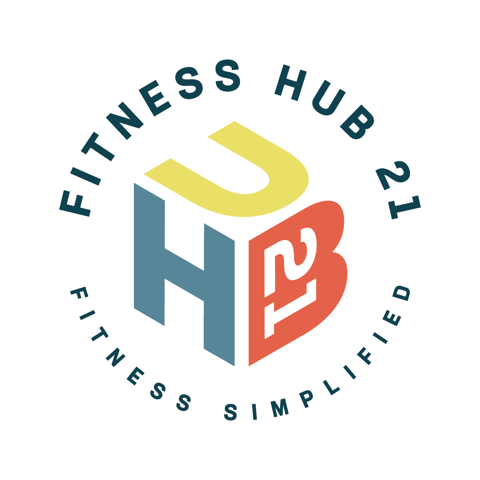
HOW MUCH SHOULD I TRAIN
Not every session is meant to kill you. We think that by punishing ourselves in the gym we will get quicker results. You can do too much interval training.
You can burn yourself out and over train which will stop you achieving your goals, increase your risk of injury and set you back.
It all depends on your goal, level of energy and what is going on in your life. You need to vary your training and build on different areas such as strength, mobility, coordination, strength endurance and general fitness.
We aim to offer a variety of training that provides a balance between high intensity, mobility work, weight training for strength and just fun movements and exercises.
To achieve the long-term goal, you need a program that considers what you need each session and in each season.
How often and hard you train all comes down to how well you recover.
You also have to be aware of your goals, current life situation and what you can handle physically.
A FEW THINGS TO CONSIDER
YOUR GOAL
You need to keep your training in line with your goals – if it’s an extreme transformation you want then yes you will have to train more and put in more effort than those who just want to lose a bit of weight and feel better in themselves.
You also have to ask yourself are you ready to do that – is your life in balance to allow for such a huge undertaking or will you end of burning yourself out in pursuit of a goal that your lifestyle at present can’t sustain.
You need to look at what is realistic for you and go from there. If you can only fit in 3 sessions a week then that’s all you can do. You just have to make every session count and adjust your goal to fit into what you can do (make it more realistic).
THE TYPE OF TRAINING
HIIT sessions are great fun but will take you longer to recover from. Instead of training 4 x a week HIIT; break up your training and do all body weights training 2 days a week and 2 days a week HIIT training.
You could also train every other day, which gives you a day’s rest in between in which you can recover.
You could also do an 8-12 week intensive programme then scale it back to allow the body and mind to recover. These are a great way to focus towards a short-term goal.
TRAINING AGE?
The older your training age the greater your work capacity and ability to recover from exercise. If your new to training, then you need to see how you feel after a session and see how long it takes you to recover before training again. As you get fitter, stronger and your training age increases you will be able to work at a higher rate and recover quicker.
Be sensitive to what your body is saying and be sensible when it comes to how often you train.
LIFESTYLE
You need to factor in your nutrition, sleep, workload and day to day life
Sleep is so important not only for weight loss and muscle gain but also for optimal health. Sleep is what will get you the results from all your hard work.
Sleep is under rated and Is a low priority for many, but lack of sleep could be setting you back from seeing the results you’re after.
What you eat and how you fuel your body will also drive your training sessions and day to day life. If your diet is bad, then how can you expect your body to respond and give you it’s best when your food intake is substandard.
Work life balance – If work is busy and stressful then it can affect your energy for training. Try to be aware of any upcoming deadlines or an increase is work hours and scale back your training accordingly, so you can still get the most out of it without wearing yourself down.
Look out for signs and symptoms such as always tired after training and a plateau in results. These are red flags that you’re not recovering from your sessions and heading down the path of over training.
Take a week out and rest, it might be what you need to start seeing results again.

